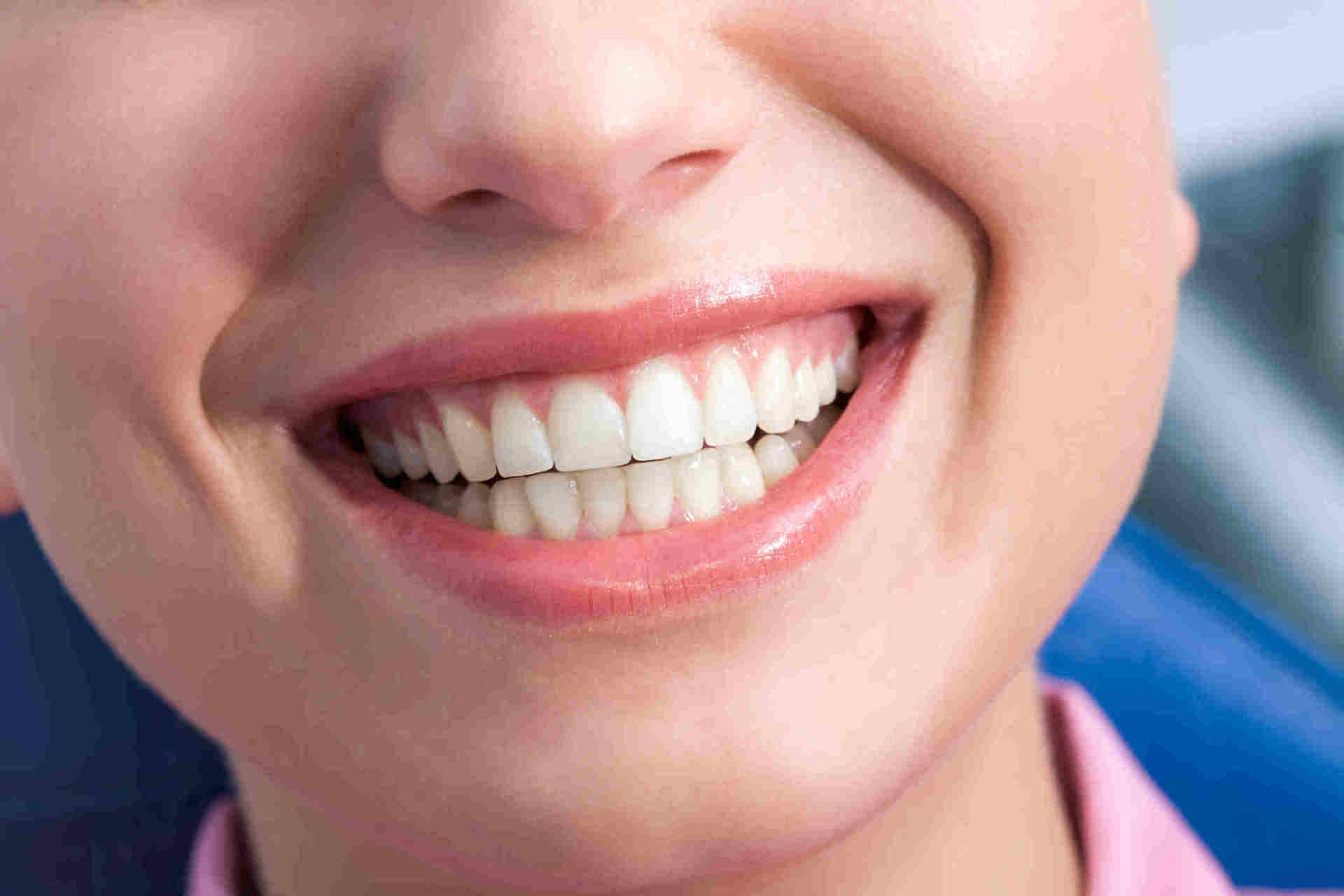Blog Post
How Basic Dental Hygiene Combats Gum Disease
- By websitebuilder
- •
- 14 Sep, 2018

From childhood, most people are taught to brush their teeth. With every visit to the dentist, you get a new toothbrush and a renewed resolve to be better at daily tooth care. But why is daily brushing and flossing so important? You know you should do it, but how do these habits keep tooth decay and gum disease at bay?
If you're ever feeling too tired to brush or too busy to floss, here's the why behind the hygiene to help you stay motivated in daily dental care habits.
Brushing Removes Food and Tartar
Brushing your teeth at least twice a day is the most foundational and important tooth care habit, and this habit has a number of benefits.
Brushing disrupts bacteria in your mouth. Have you ever notice your teeth feeling a bit fuzzy or slimy several hours or directly after eating a sweet treat? That fuzzy feeling is plaque growth, and the bacteria in plaque begin to cause inflammation in your soft gum tissue.
If you don’t brush consistently, you might notice your gums bleed easily. This is one of the early signs of gum disease and an indicator that you don’t brush often enough or well enough when you do brush your teeth.
Bacteria also cause decay. They feed on sugars that linger in your mouth and create acid as a byproduct. The acid wears away the enamel on your teeth, penetrating to the softer dentin underneath. Brushing away the bacteria helps to prevent them from settling on your teeth and remove the sugary residue that bacteria feed on.
Brushing away food particles is also important because your saliva has enzymes that break down foods in the mouth, especially carbohydrates. Even if you eat foods that aren't sweet, like a potato or a piece of toast, your saliva breaks down complex carbohydrates into simpler forms, providing sugar for bacteria to feed on.
Fluoride Protects Enamel
The simple act of brushing is beneficial, but fluoride toothpaste can have even more benefits. The little bit of fluoride in toothpaste is important for preventing tooth decay and protecting your enamel.
As you eat each day, the bacteria in your mouth constantly produce acid. That acid reacts with the minerals in your enamel, which causes the enamel to break down. These small areas of damage progress to cavities over time unless they are repaired. Fluoride is essential to making this repair possible.
Fluoride helps your teeth to remineralize areas where essential enamel has been lost. With the help of fluoride, the demineralized areas are built back up again. As an added bonus, the new enamel is even stronger than it was before it began to decay.
The small doses of fluoride from your toothpaste on a daily basis provide this protection for your teeth. Your dentist gives you a high dose at regular cleanings, but your daily exposure will have the most power when it comes to preventing cavities.
Flossing Prevents Cavities
Finally, flossing supplements brushing. Your toothbrush cannot reach all way between your teeth, but foods can still settle there as your chew. Flossing is just as important for preventing decay because it also disrupts the bacteria that linger between teeth and near the gum line.
People who brush consistently but do not floss can experience cavities in between two teeth, which require more than one filling to repair the damage.
For more information about why dental habits are so important for your oral health, contact us at Rabel Family Dental. We provide general dentistry services, including routine cleanings and cavity care. Contact us for more information on how you can keep your mouth free of cavities and gum disease.
CONTACT INFORMATION
3114 Groom Road Baker, LA 70714
Phone:
225-775-0160
Email:
drbrett@lakeshorecapital.biz
Share
Tweet
Share
Mail
PAYMENT OPTIONS






CareCredit
BUSINESS HOURS
- Mon - Fri
- -
- Saturday
- -
- Sunday
- Closed
*Our phones are monitored 24/7
Interest-Free Payment Plans
Content, including images, displayed on this website is protected by copyright laws. Downloading, republication, retransmission or reproduction of content on this website is strictly prohibited. Terms of Use
| Privacy Policy
We partner with a third party ad network to either display advertising on our Web site or to manage our advertising on other sites. Our ad network partner uses cookies and Web beacons to collect non-personally identifiable information about your activities on this and other Web sites to provide you targeted advertising based upon your interests. If you wish to not have this information used for the purpose of serving you targeted ads, you may opt-out by clicking here . Please note this does not opt you out of being served advertising. You will continue to receive generic ads.
